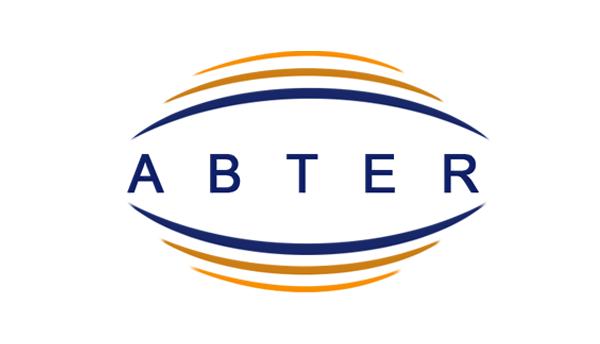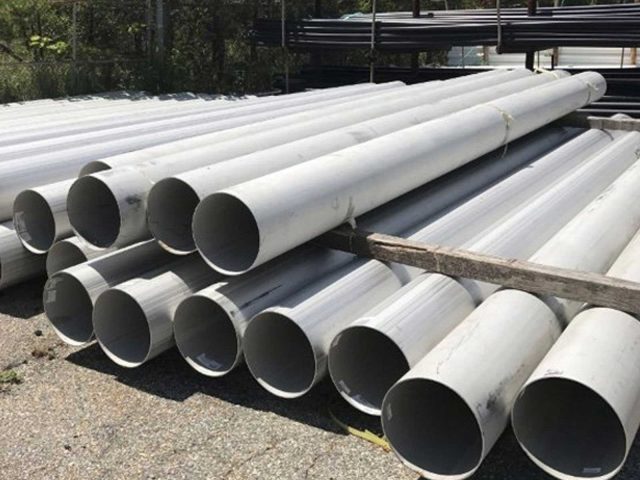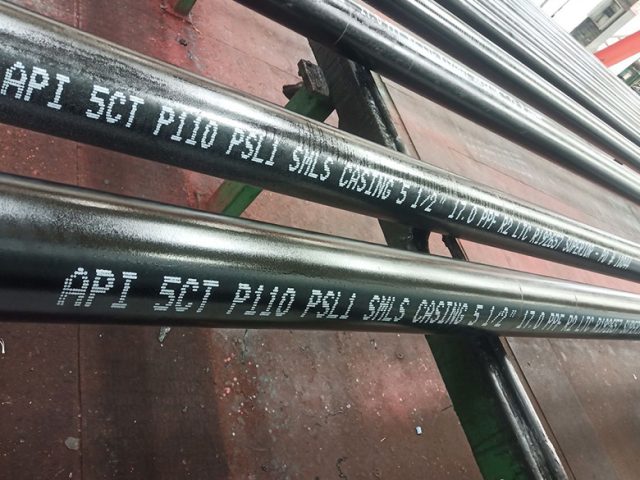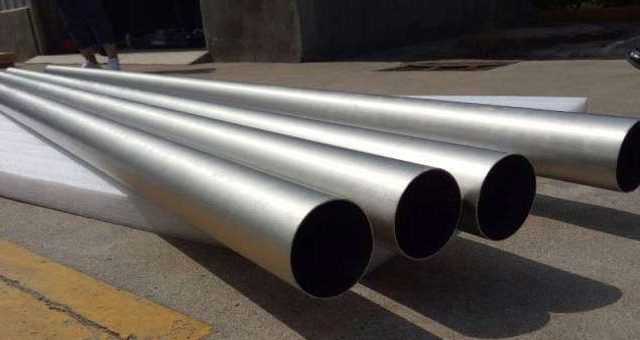A209 Alloy Steel Boiler Pipe | A209 U Bend Pipe
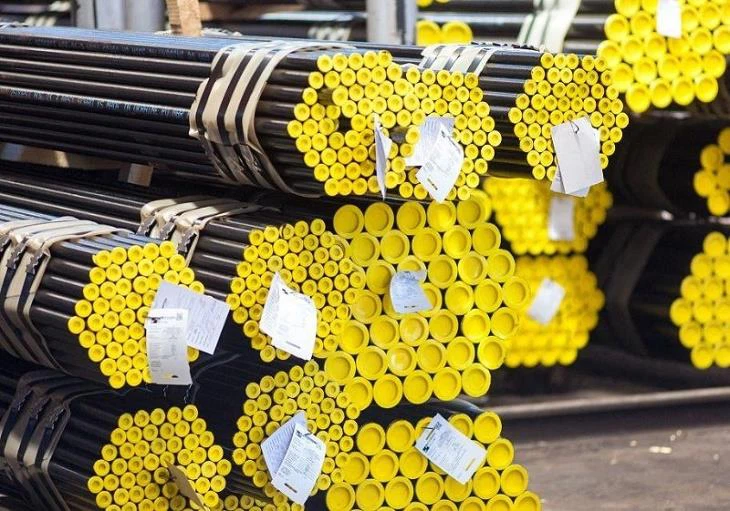
Introduction to A209 Alloy Steel Boiler Pipe
The A209 Alloy Steel Boiler Pipe is a high-quality seamless carbon-molybdenum alloy steel pipe designed specifically for high-temperature service in boilers and heat exchangers. It is widely used in various industries such as power generation, petrochemical, and refineries. The A209 Alloy Steel Boiler Pipe offers excellent resistance to oxidation and corrosion, making it a reliable choice for applications that require high-pressure and high-temperature conditions.
Chemical Composition and Mechanical Properties
The A209 Alloy Steel Boiler Pipe is manufactured with strict adherence to the chemical composition and mechanical properties specified by the ASTM A209 standard. The chemical composition of the pipe includes elements such as carbon, manganese, phosphorus, sulfur, silicon, chromium, and molybdenum. These elements contribute to the pipe’s strength, corrosion resistance, and overall performance.
The mechanical properties of the A209 Alloy Steel Boiler Pipe are crucial for ensuring its durability and reliability. The pipe must possess high tensile strength, yield strength, and elongation to withstand the extreme conditions encountered in boiler and heat exchanger applications. Additionally, the pipe must exhibit excellent hardness and impact resistance to ensure long-term performance.
U Bend Pipe: A Versatile Solution for Heat Exchangers
In addition to straight pipes, the A209 Alloy Steel Boiler Pipe is also available in a U bend configuration. U bend pipes are widely used in heat exchangers due to their unique shape, which allows for efficient heat transfer. The U bend design enables the pipe to be easily integrated into heat exchanger systems, maximizing the surface area for heat exchange and improving overall system efficiency.
The U bend pipe is fabricated by bending the straight pipe into a U shape and then welding the ends together. This process ensures a smooth and continuous flow path for the fluid, minimizing pressure drop and maximizing heat transfer efficiency. The U bend pipe is highly versatile and can be customized to meet specific project requirements, making it an ideal choice for various heat exchanger applications.
Advantages of A209 Alloy Steel Boiler Pipe
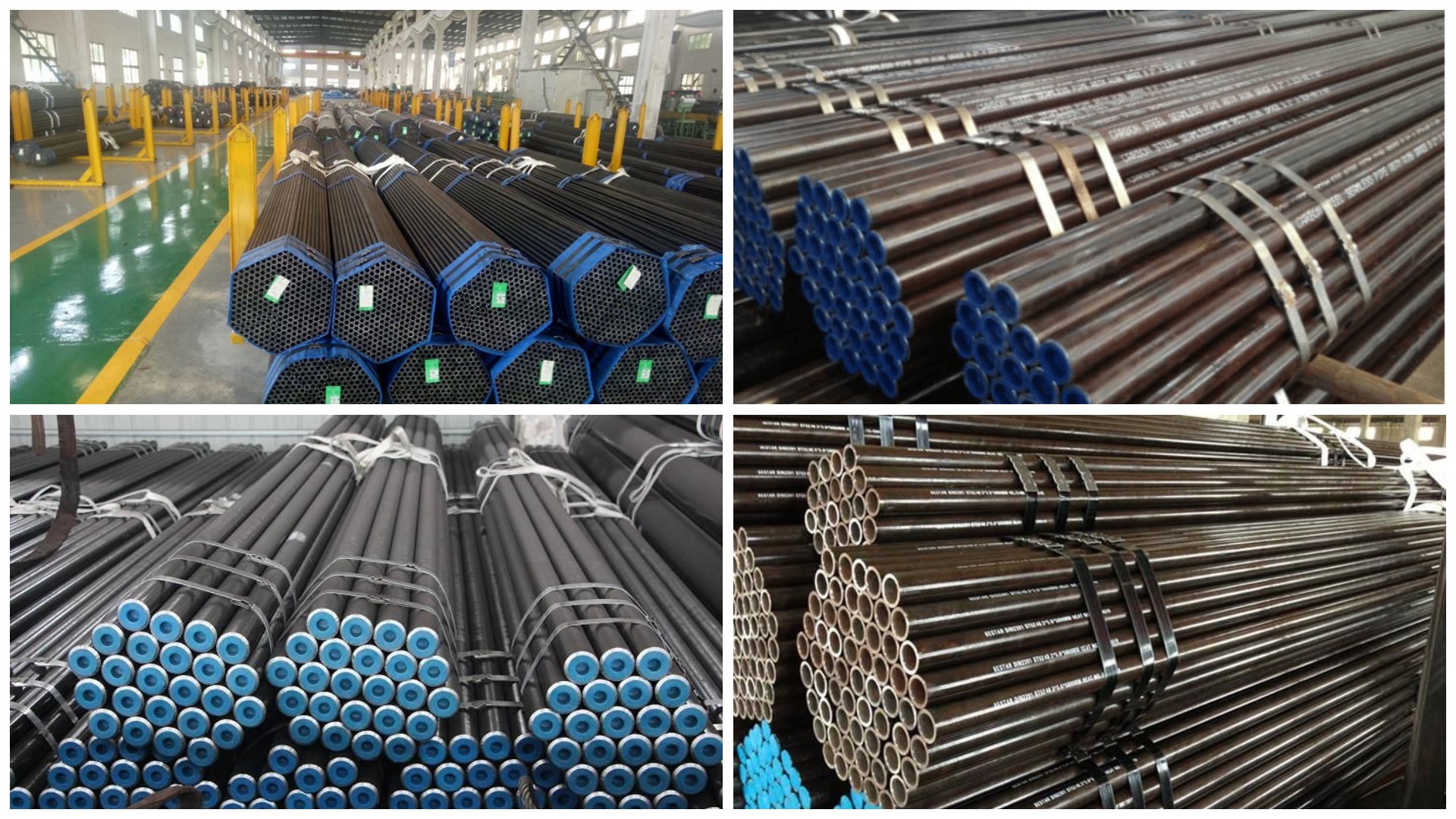
- High Temperature Resistance: The A209 Alloy Steel Boiler Pipe is specifically designed to withstand high temperatures encountered in boiler and heat exchanger applications. It can operate reliably at temperatures up to 600°C (1112°F), ensuring long-term performance and efficiency.
- Corrosion Resistance: The alloy steel composition of the A209 Alloy Steel Boiler Pipe provides excellent resistance to oxidation and corrosion. This ensures that the pipe can withstand the corrosive effects of high-temperature steam and other aggressive media, extending its service life.
- Superior Strength: The A209 Alloy Steel Boiler Pipe exhibits high tensile strength, yield strength, and elongation, making it suitable for high-pressure applications. It can withstand the stresses and pressures associated with boiler operation, ensuring safe and reliable performance.
- Versatility: The A209 Alloy Steel Boiler Pipe is available in various sizes and configurations, including U bend pipes. This versatility allows for easy integration into different heat exchanger systems, providing flexibility in design and installation.
- Cost-Effective: The A209 Alloy Steel Boiler Pipe offers a cost-effective solution for high-temperature and high-pressure applications. Its durability, reliability, and long service life contribute to reduced maintenance and replacement costs over time.
U Bend ASTM A209 Alloy Steel Boiler Pipe: Specifications and Properties
Introduction to U Bend ASTM A209 Alloy Steel Boiler Pipe
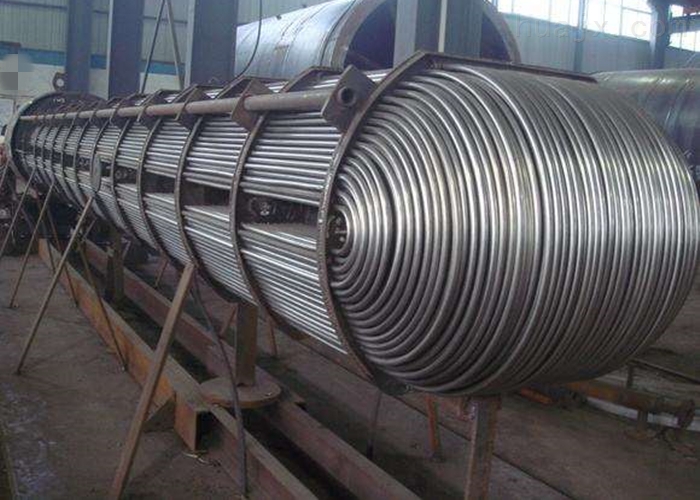
The U Bend ASTM A209 Alloy Steel Boiler Pipe is a specialized seamless carbon-molybdenum alloy steel Pipe designed for high-temperature and high-pressure applications in boilers and heat exchangers. It is manufactured according to the ASTM A209 standard, ensuring strict adherence to quality and performance requirements. The U bend configuration enhances the Pipe’s efficiency in heat transfer, making it an ideal choice for various industries such as power generation, petrochemical, and refineries.
Specifications of U Bend ASTM A209 Alloy Steel Boiler Pipe
- Standard: The U Bend ASTM A209 Alloy Steel Boiler Pipe complies with the ASTM A209 standard, which sets the specifications for seamless carbon-molybdenum alloy steel Pipes for high-temperature service.
- Material Grade: The U Bend ASTM A209 Alloy Steel Boiler Pipe is available in three material grades: T1, T1a, and T1b. These grades differ slightly in their chemical composition and mechanical properties, allowing for flexibility in selecting the most suitable Pipe for specific applications.
- Outer Diameter (OD): The U Bend ASTM A209 Alloy Steel Boiler Pipe is available in a range of outer diameters, from 10mm to 203mm. This variety allows for customization based on project requirements and system design.
- Wall Thickness (WT): The U Bend ASTM A209 Alloy Steel Boiler Pipe offers a range of wall thicknesses, from 2.0mm to 25mm. The selection of the appropriate wall thickness depends on factors such as operating pressure, temperature, and system requirements.
- Length: The U Bend ASTM A209 Alloy Steel Boiler Pipe is typically supplied in lengths of 5.8-12m. However, it can be customized to meet specific customer requirements, ensuring seamless integration into boiler and heat exchanger systems.
- Technique: The U Bend ASTM A209 Alloy Steel Boiler Pipe is manufactured using the seamless technique, ensuring a smooth and continuous flow path for fluids. This technique enhances the Pipe’s structural integrity and overall performance.
- Package: To ensure the protection and safe transportation of the U Bend ASTM A209 Alloy Steel Boiler Pipe, it is typically packaged with an oil-dipped or black-painted surface. The Pipes are then packed in seaworthy bags and hexagonal bundles, providing durability and ease of handling.
Chemical Composition and Mechanical Properties of U Bend ASTM A209 Alloy Steel Boiler Pipe
The U Bend ASTM A209 Alloy Steel Boiler Pipe is manufactured with strict adherence to the chemical composition and mechanical properties specified by the ASTM A209 standard. The following table provides an overview of the chemical composition for each material grade:
| Grade | C | Mn | P | S | Si | Mo |
|---|---|---|---|---|---|---|
| T1 | 0.10-0.20 | 0.30-0.80 | ≤0.025 | ≤0.025 | 0.10-0.50 | 0.44-0.65 |
| T1a | 0.15-0.25 | 0.30-0.80 | ≤0.025 | ≤0.025 | 0.10-0.50 | 0.44-0.65 |
| T1b | ≤0.14 | 0.30-0.80 | ≤0.025 | ≤0.025 | 0.10-0.50 | 0.44-0.65 |
The U Bend ASTM A209 Alloy Steel Boiler Pipe exhibits excellent mechanical properties to ensure its durability and reliability. The following table provides the minimum tensile strength, yield strength, and elongation for each material grade:
| Grade | Tensile Strength min Ksi(Mpa) | Yield Strength min Ksi(Mpa) | Elongation in 2in or 50mm min% |
|---|---|---|---|
| T1 | 55(380) | 30(205) | 30 |
| T1a | 60(415) | 32(220) | 30 |
| T1b | 43(365) | 28(195) | 30 |
These mechanical properties ensure that the U Bend ASTM A209 Alloy Steel Boiler Pipe can withstand the extreme conditions encountered in boiler and heat exchanger applications.
Heat Treatment and Mechanical Tests for U Bend ASTM A209 Alloy Steel Boiler Pipe
The U Bend ASTM A209 Alloy Steel Boiler Pipe undergoes specific heat treatment and mechanical tests to ensure its quality and performance. The heat treatment process involves:
- Hot finished and cold finished Pipes: Both types of Pipes areheat treated at a minimum temperature of 650°C. This temperature ensures the proper transformation of the alloy steel, enhancing its strength and durability.
- Full annealed, isothermal annealed, or normalized and tempered condition: The manufacturer has the option to choose one of these conditions based on the specific requirements of the application. Regardless of the chosen condition, the minimum tempering temperature should not be less than 650°C. This ensures the desired microstructure and mechanical properties of the U Bend ASTM A209 Alloy Steel Boiler Pipe.
In addition to heat treatment, the U Bend ASTM A209 Alloy Steel Boiler Pipe undergoes several mechanical tests to ensure its quality and reliability. These tests include:
- Tension test: This test measures the tensile strength and elongation of the Pipe. It determines the Pipe’s ability to withstand pulling forces without deformation or failure.
- Flattening test: This test evaluates the Pipe’s resistance to flattening under external pressure. It ensures that the Pipe can maintain its structural integrity even when subjected to high-pressure conditions.
- Hardness test: This test measures the Pipe’s hardness, which is an indicator of its strength and resistance to deformation. It ensures that the Pipe can withstand the demanding operating conditions of boilers and heat exchangers.
- Hydrostatic or Nondestructive Electric test: This test checks the Pipe for leaks or defects by subjecting it to high-pressure water or an electric current. It ensures that the Pipe is free from any imperfections that could compromise its performance.
By undergoing these heat treatment processes and mechanical tests, the U Bend ASTM A209 Alloy Steel Boiler Pipe is guaranteed to meet the highest quality standards and provide optimal performance in boiler and heat exchanger applications.
Frequently Asked Questions (FAQ)
Q1: What is the ASTM A209 standard?
The ASTM A209 standard specifies the requirements for seamless carbon-molybdenum alloy steel Pipes for high-temperature service. It ensures the quality and performance of these Pipes in various industries, including power generation and petrochemical.
Q2: What are the material grades available for the U Bend ASTM A209 Alloy Steel Boiler Pipe?
The U Bend ASTM A209 Alloy Steel Boiler Pipe is available in three material grades: T1, T1a, and T1b. These grades differ slightly in their chemical composition and mechanical properties, allowing for flexibility in selecting the most suitable Pipe for specific applications.
Q3: What are the dimensions of the U Bend ASTM A209 Alloy Steel Boiler Pipe?
The U Bend ASTM A209 Alloy Steel Boiler Pipe comes in various dimensions. The outer diameter (OD) ranges from 10mm to 203mm, and the wall thickness (WT) ranges from 2.0mm to 25mm. The length is typically 5.8-12m but can be customized as per customer requirements.
Q4: What is the heat treatment process for the U Bend ASTM A209 Alloy Steel Boiler Pipe?
The U Bend ASTM A209 Alloy Steel Boiler Pipe undergoes heat treatment at a minimum temperature of 650°C. It can be fully annealed, isothermally annealed, or normalized and tempered, depending on the manufacturer’s choice. The minimum tempering temperature should not be less than 650°C.
Q5: What tests are performed on the U Bend ASTM A209 Alloy Steel Boiler Pipe?
The U Bend ASTM A209 Alloy Steel Boiler Pipe undergoes several mechanical tests to ensure its quality and reliability. These tests include tension test, flattening test, hardness test, and hydrostatic or nondestructive electric test. These tests evaluate the Pipe’s strength, resistance to deformation, and freedom from defects.
Frequently Asked Questions (FAQ)
Q1: What is the maximum operating temperature of the A209 Alloy Steel Boiler Pipe?
The A209 Alloy Steel Boiler Pipe can operate reliably at temperatures up to 600°C (1112°F). It is specifically designed to withstand high-temperature conditions encountered in boiler and heat exchanger applications.
Q2: Can the A209 Alloy Steel Boiler Pipe withstand corrosive media?
Yes, the A209 Alloy Steel Boiler Pipe exhibits excellent resistance to oxidation and corrosion. It can withstand the corrosive effects of high-temperature steam and other aggressive media commonly encountered in boiler and heat exchanger applications.
Q3: What are the advantages of using U bend pipes in heat exchangers?
U bend pipes offer several advantages in heat exchanger applications. They maximize the surface area for heat exchange, improve overall system efficiency, and minimize pressure drop. The U bend design allows for easy integration into heat exchanger systems, providing a compact and efficient solution.
Q4: Can the A209 Alloy Steel Boiler Pipe be customized to meet specific project requirements?
Yes, the A209 Alloy Steel Boiler Pipe can be customized to meet specific project requirements. It is available in various sizes and configurations, including U bend pipes. This versatility allows for easy integration into different heat exchanger systems, providing flexibility in design and installation.
Q5: Is the A209 Alloy Steel Boiler Pipe a cost-effective solution?
Yes, the A209 Alloy Steel Boiler Pipe offers a cost-effective solution for hightemperature and high-pressure applications. Its durability, reliability, and long service life contribute to reduced maintenance and replacement costs over time.
